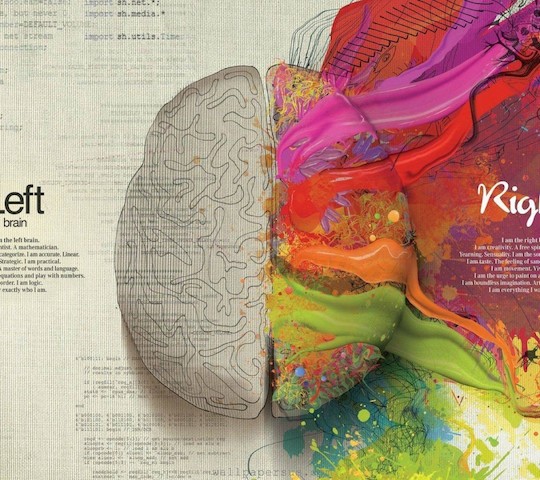We run our website the way we wished the whole internet worked: we provide high quality original content with no ads. We are funded solely by your direct support. Please consider supporting this project.
Changing Your Mind

via mystockphotos.com
Mark Moore is a man who has changed his mind about a lot of things which is somewhat extraordinary these days. Change can be costly and painful and this was certainly true for Mark. He previously pastored Providence Community Church in Plano, TX, where he pastored for eleven years based upon a set of theological assumptions he no longer holds. This is so rare, to be open to a new way of thinking, especially when there’s so much at stake.
Mark wrote a two part blog for Missio Alliance on how he changed his mind about women in ministry, but it’s really about how he changed his way of interacting with and understanding the Bible. You can read Part 1 here and Part 2 here.
Here’s a snippet to get you started:
The result of reading the Bible as story, as opposed to systematic theology, was that the background of the story—people, places, circumstances, etc.—became absolutely essential to understanding what was actually taking place in the text. One day I realized that I had very little understanding of the world of the 1st century; instead I had a whole lot of understanding of the world of the 16th century. I began studying 1st century Judaism and the Roman Empire and when I did the New Testament began to come alive. It sounds cliché, but it was literally like going from black and white to color television, which makes you want to go back and re-watch your favorite shows in order to see what color their clothes actually were—I was re-reading the Bible and picking up on colors I’d never seen before.
Category: General
Tags: Bible, Change, Mark Moore, Missio Alliance, Providence, Systematic Theology, Theology, Women In Ministry
Related Reading

For the Bible Tells Me So?
Oh, those pesky fundamentalists are at it again. Should it be legal for parents to execute their rebellious children based upon Deut 21:18-21? This guy thinks so. And he’s a Bible-believing Christian who is a candidate for his state’s legislature, so it must be true, right? Of course, under this proposed legislation, parents would need to…

If God is already doing the most he can do, how does prayer increase his influence?
Question: If God always does the most that he can in every tragic situation, as you claim in Satan and the Problem of Evil, how can you believe that prayer increases his influence, as you also claim? It seems if you grant that prayer increases God’s influence, you have to deny God was previously doing…

An Alternative to Biblical Inerrancy
As with all other theological issues, when it comes to affirming that Scripture is “God-breathed,” everything hangs on where one starts. A dominant strand of the Evangelical tradition started with the assumption that, if God is perfect, and if Scripture is “God-breathed,” then Scripture must also be perfect or “inerrant.” Other “progressive” evangelicals have responded by…

How Important is Non-Violence? (podcast)
Greg considers how God’s judgment differs from our own, making it an expression of his love. Whereas, for us, judgment stands contrary to our love. Episode 489 http://traffic.libsyn.com/askgregboyd/Episode_0489.mp3

The Point of the Book of Job
The point of the book of Job is to teach us that the mystery of evil is a mystery of a war-torn and unfathomably complex creation, not the mystery of God’s all-controlling will. Given how Christians are yet inclined to look for a divine reason behind catastrophes and personal tragedies, I think it’s a point…

How To Talk about Theology
Social media is full of theological debate. Theological arguments that formerly took months or even years to get in print, now only takes the time to write a post or 140 characters and click “publish.” Social media is great in that it makes space for all of our voices. However, it also seems to elevate…
